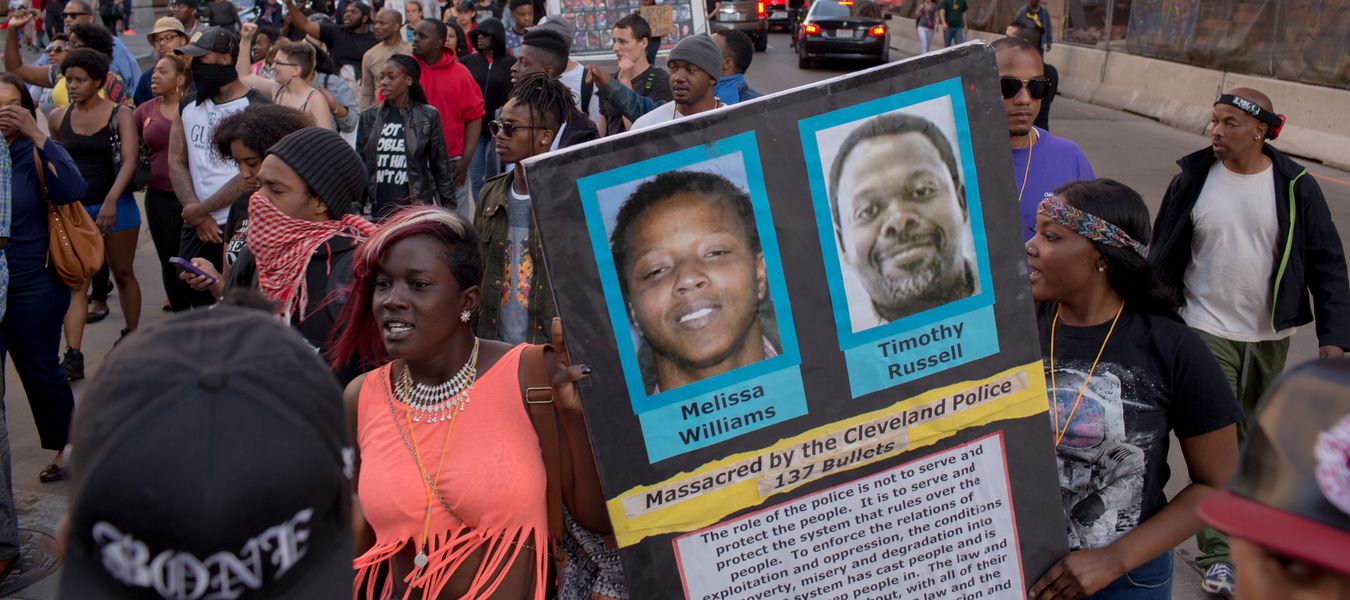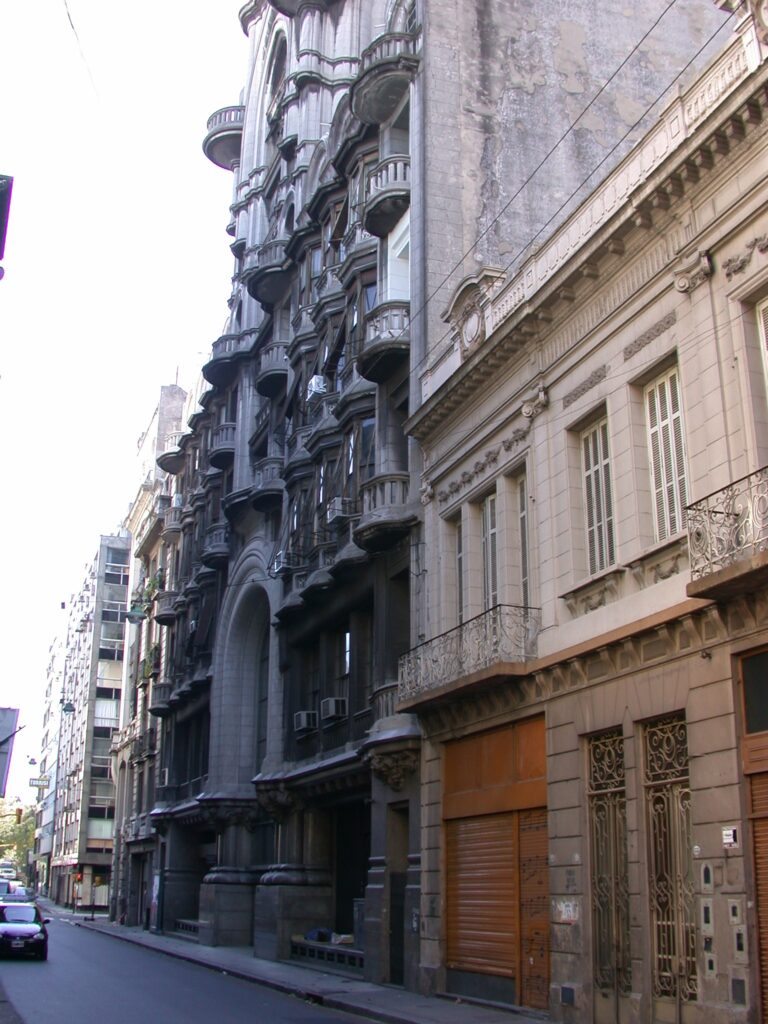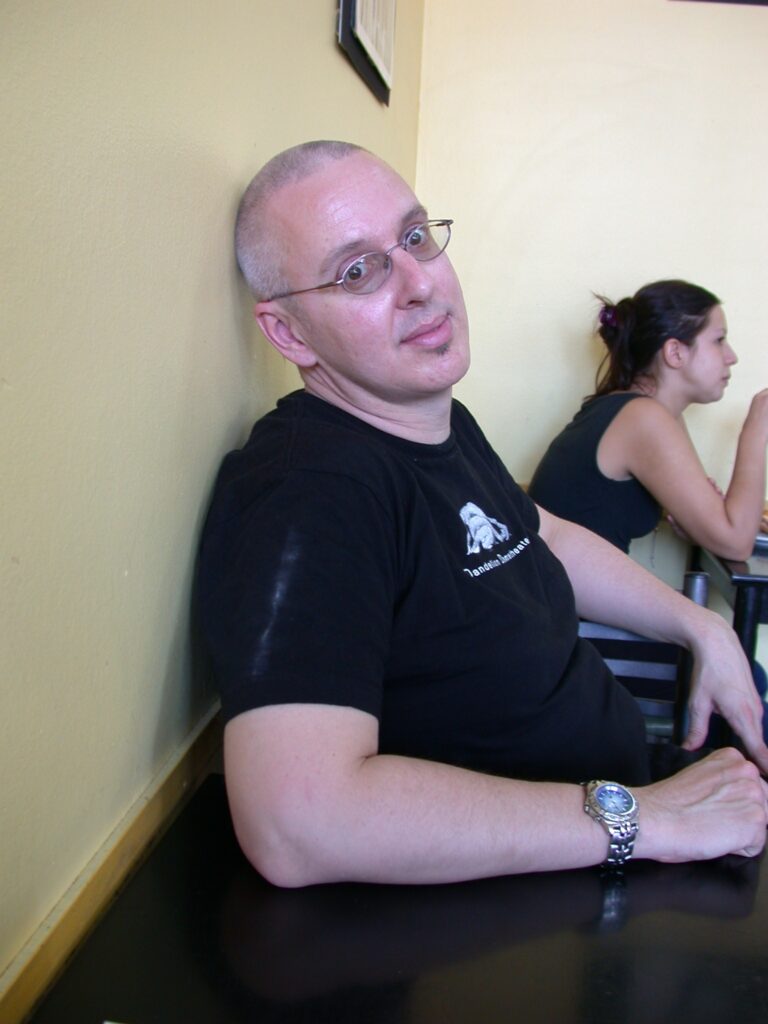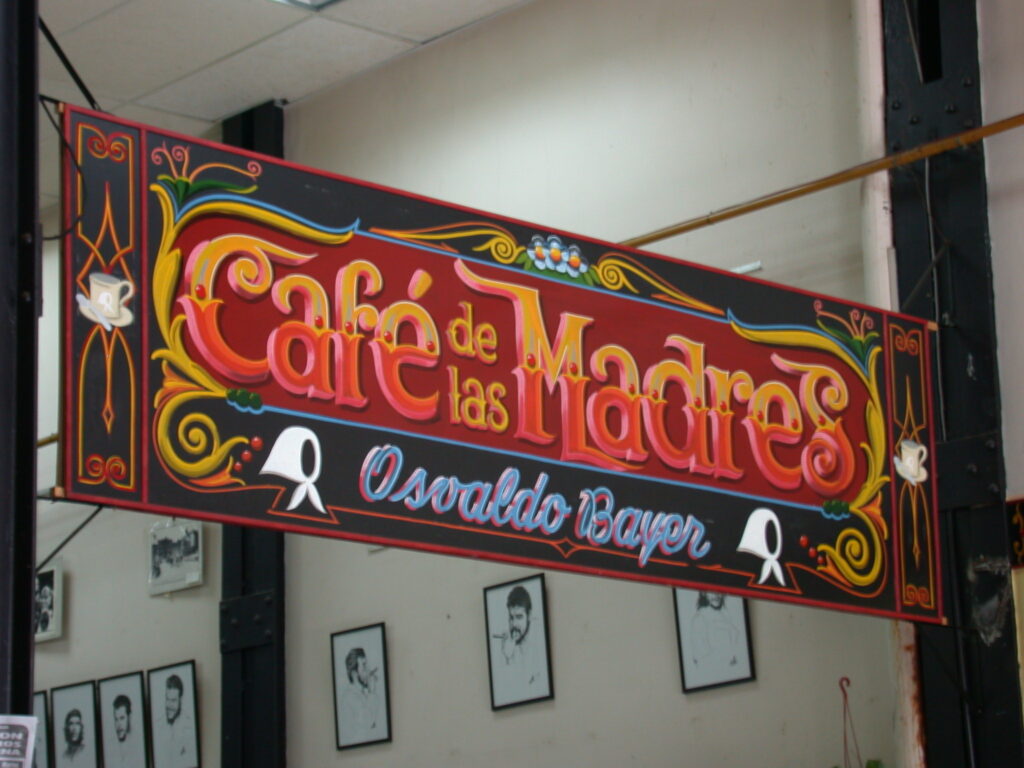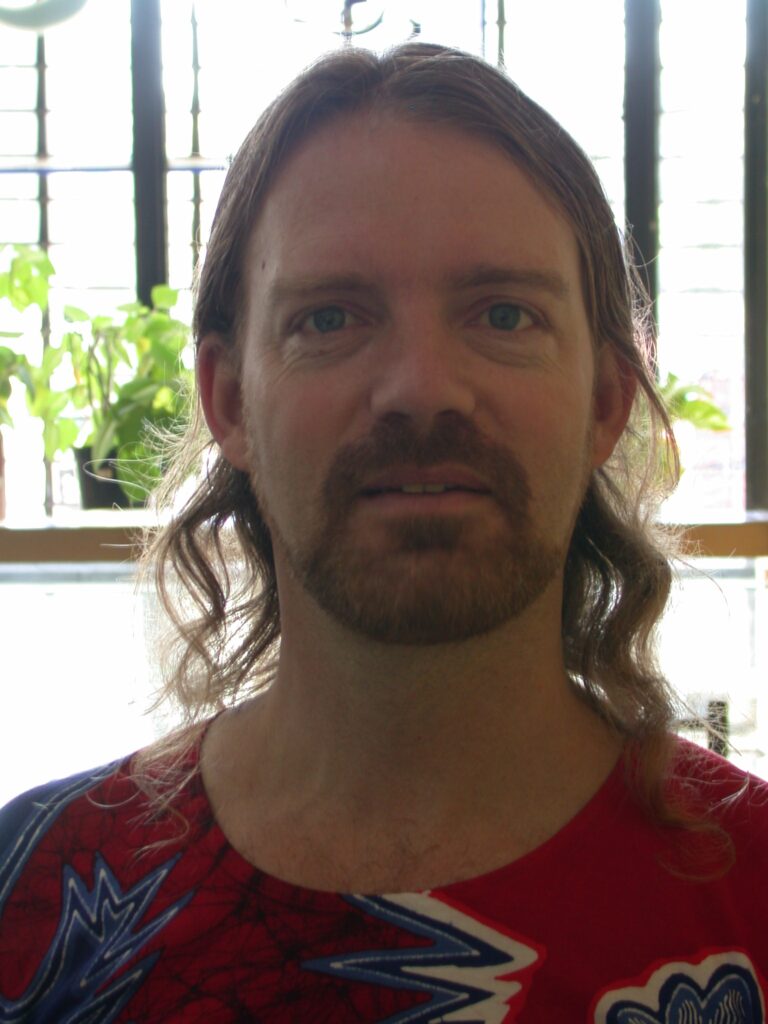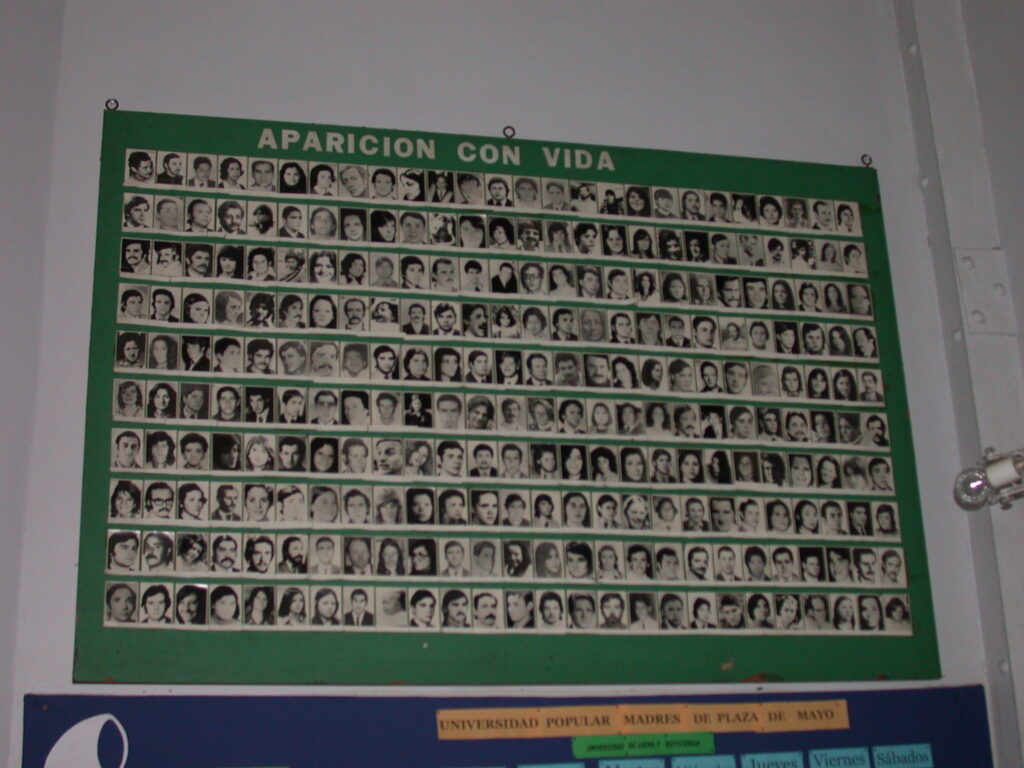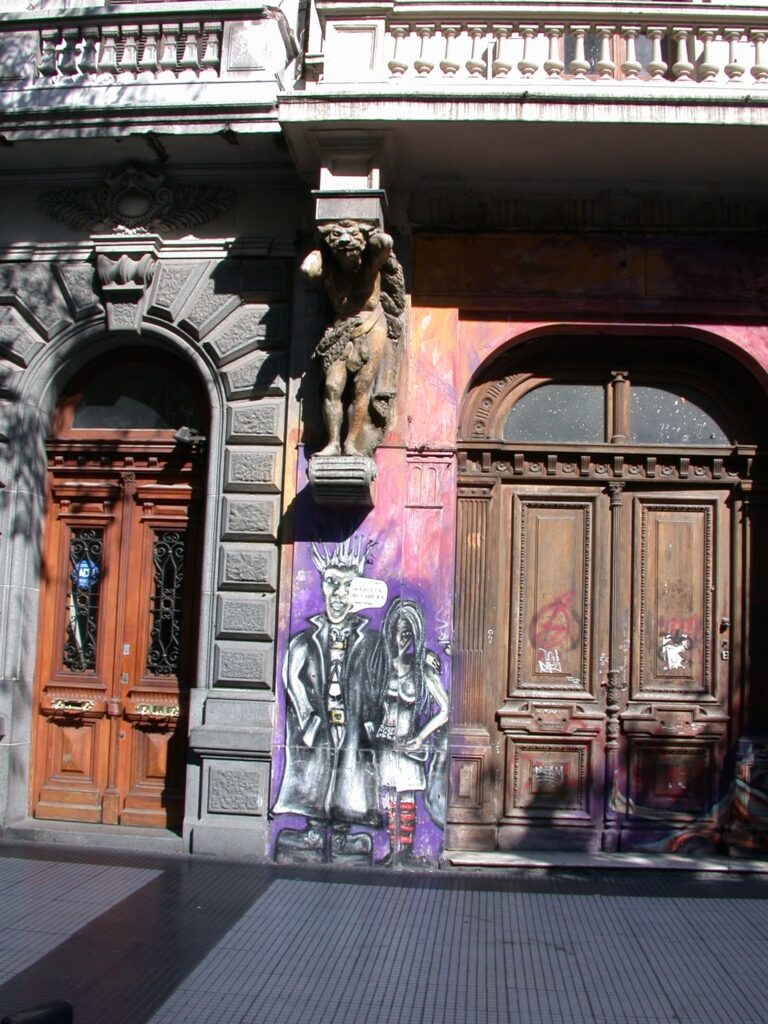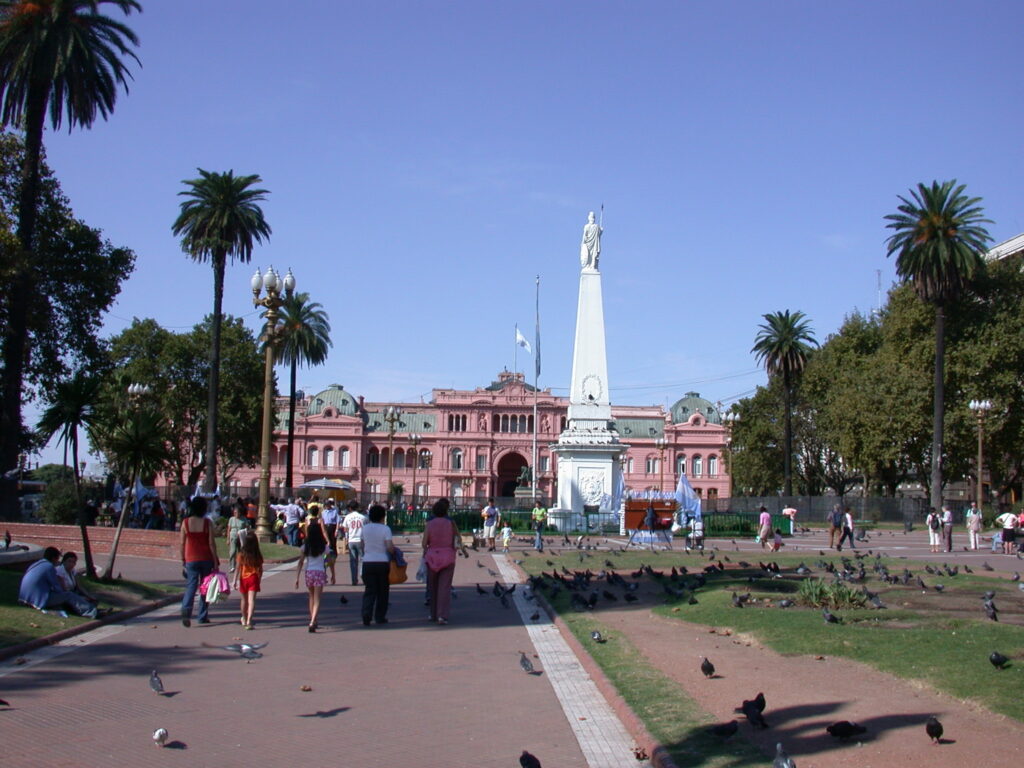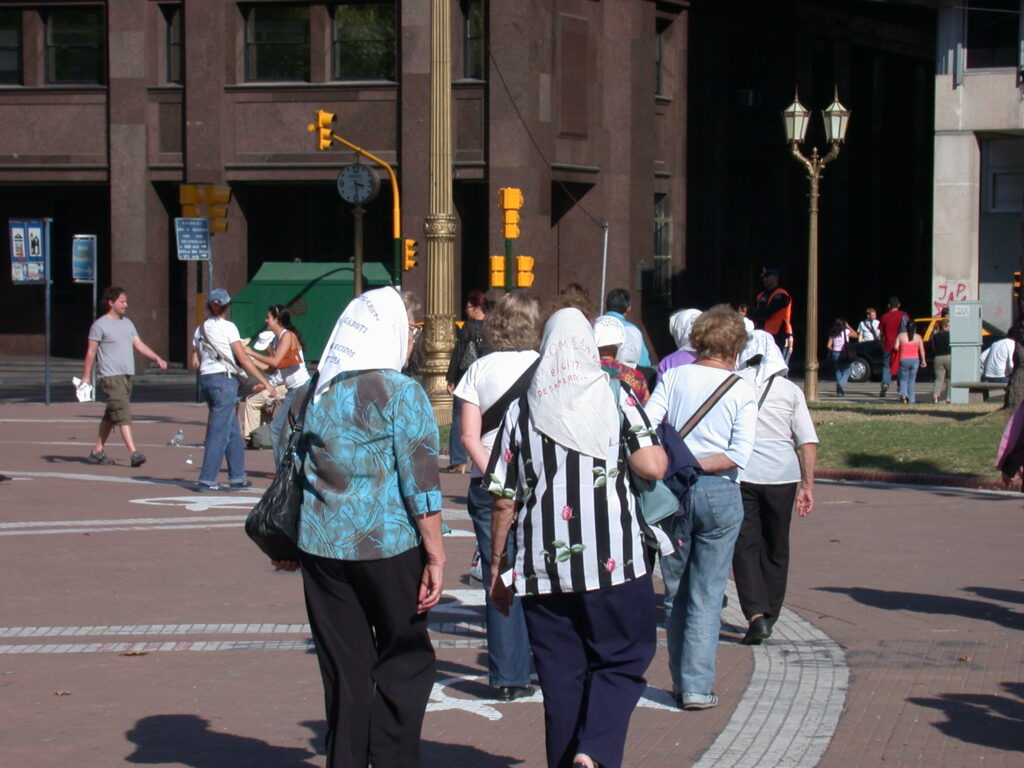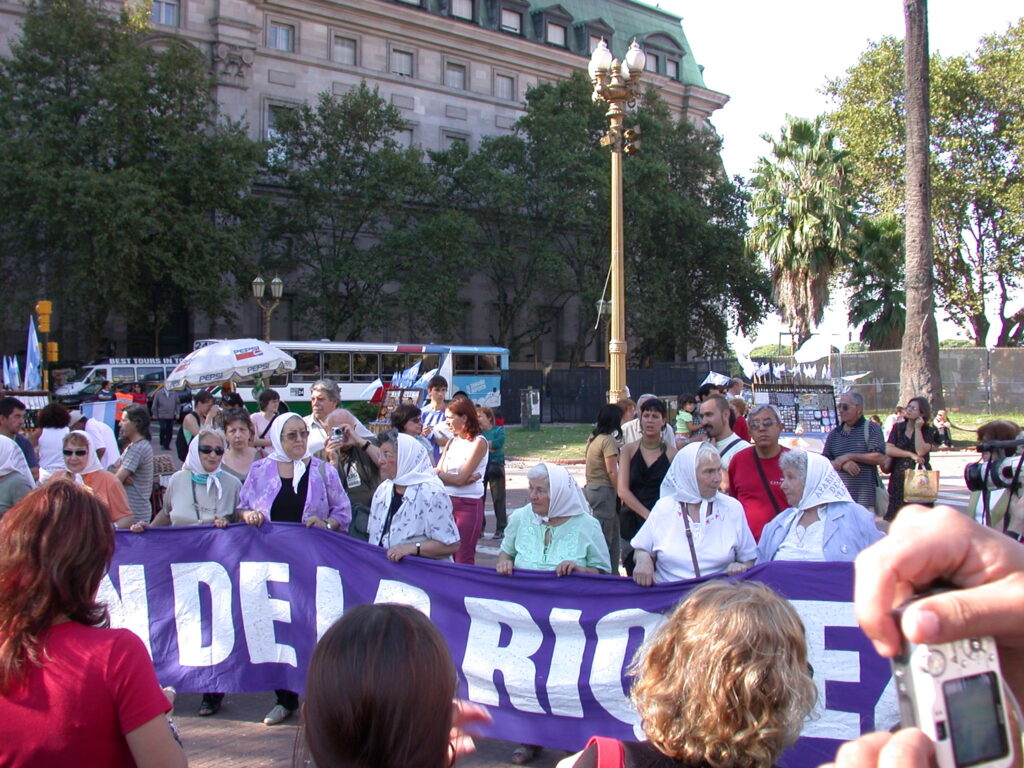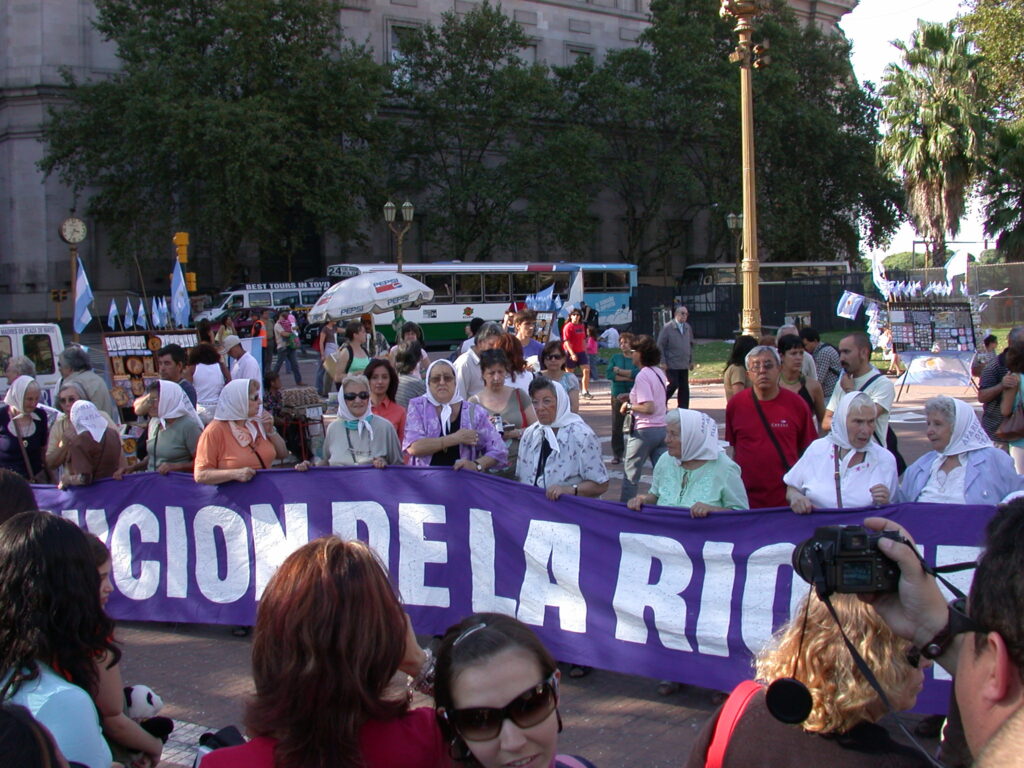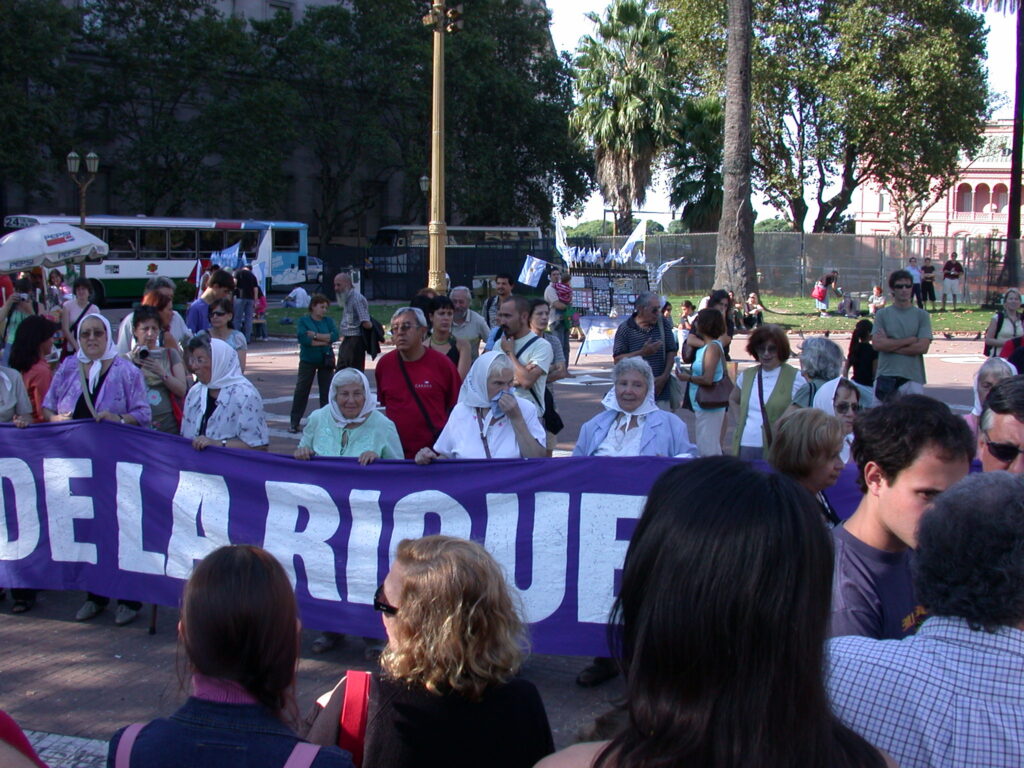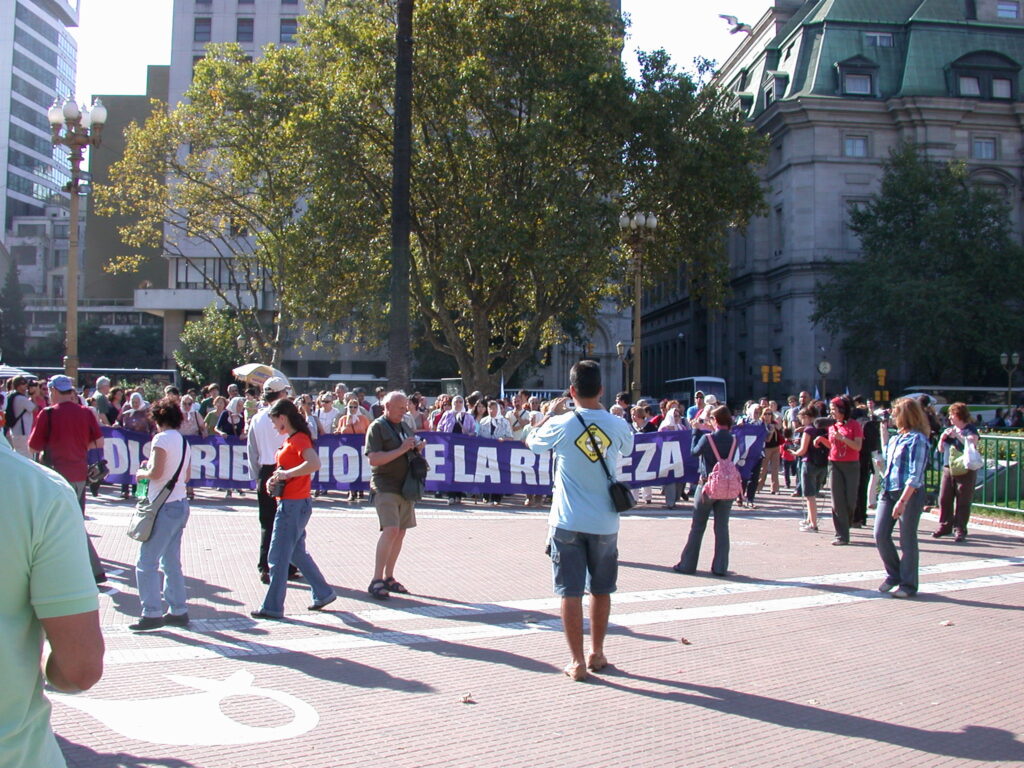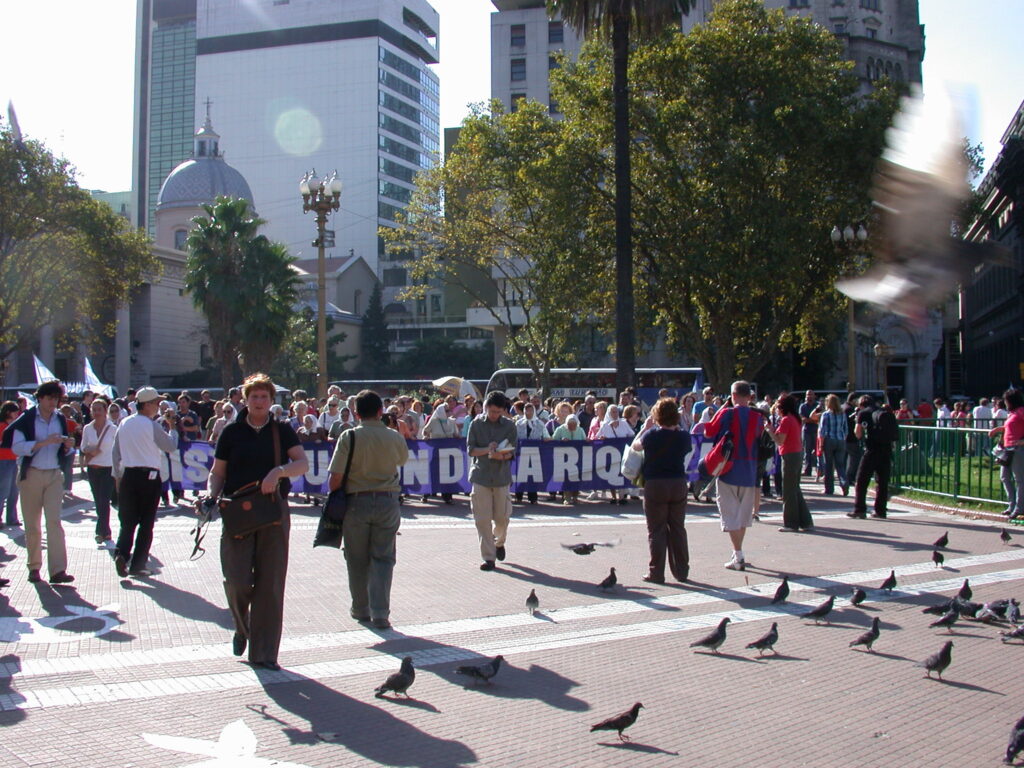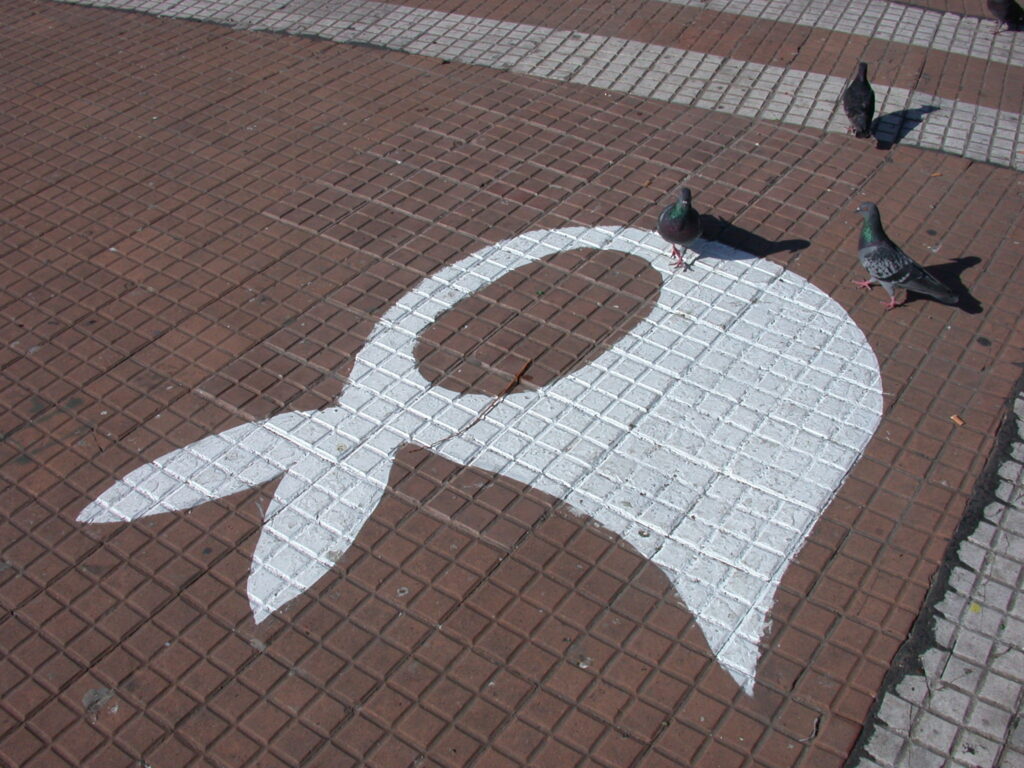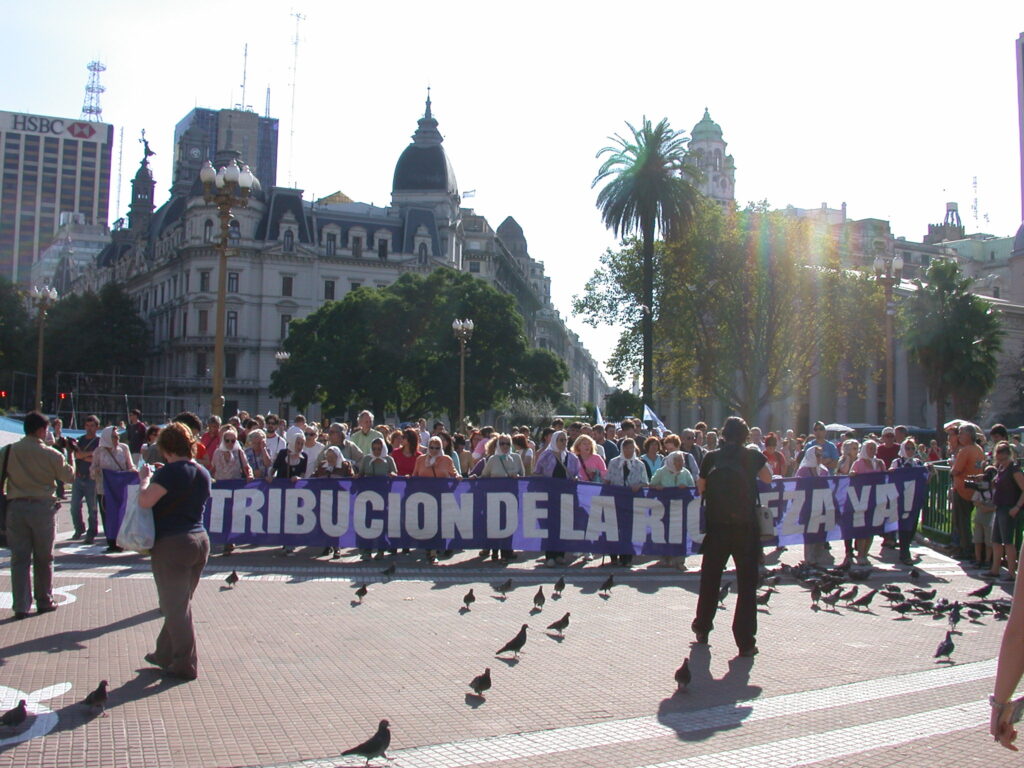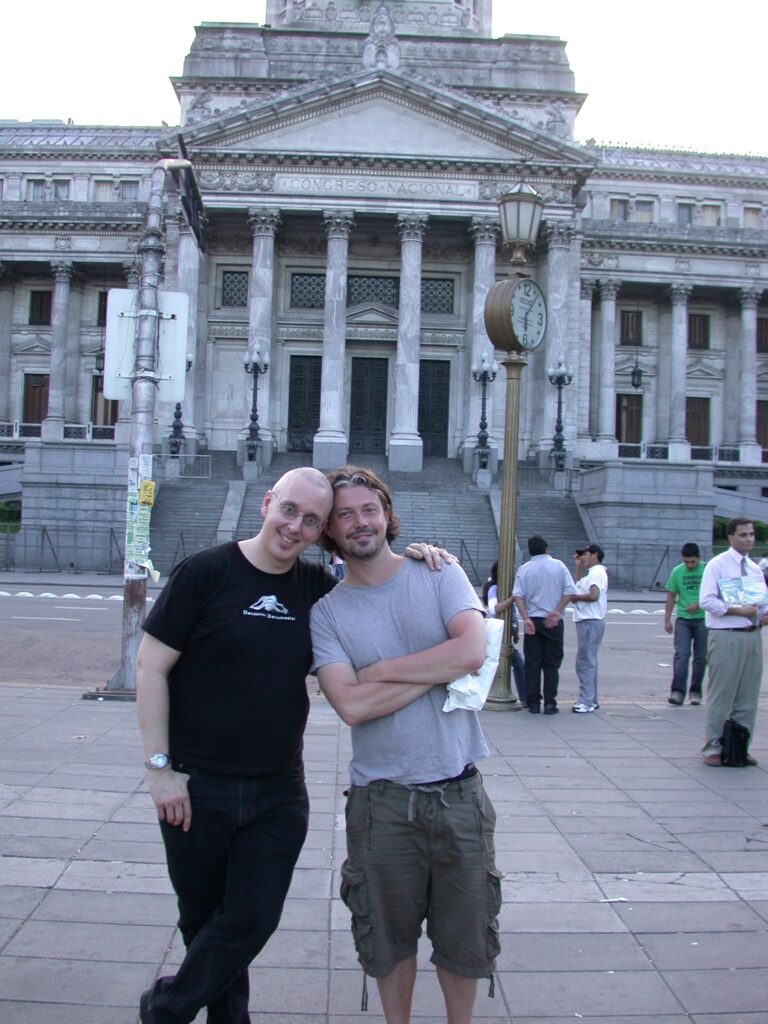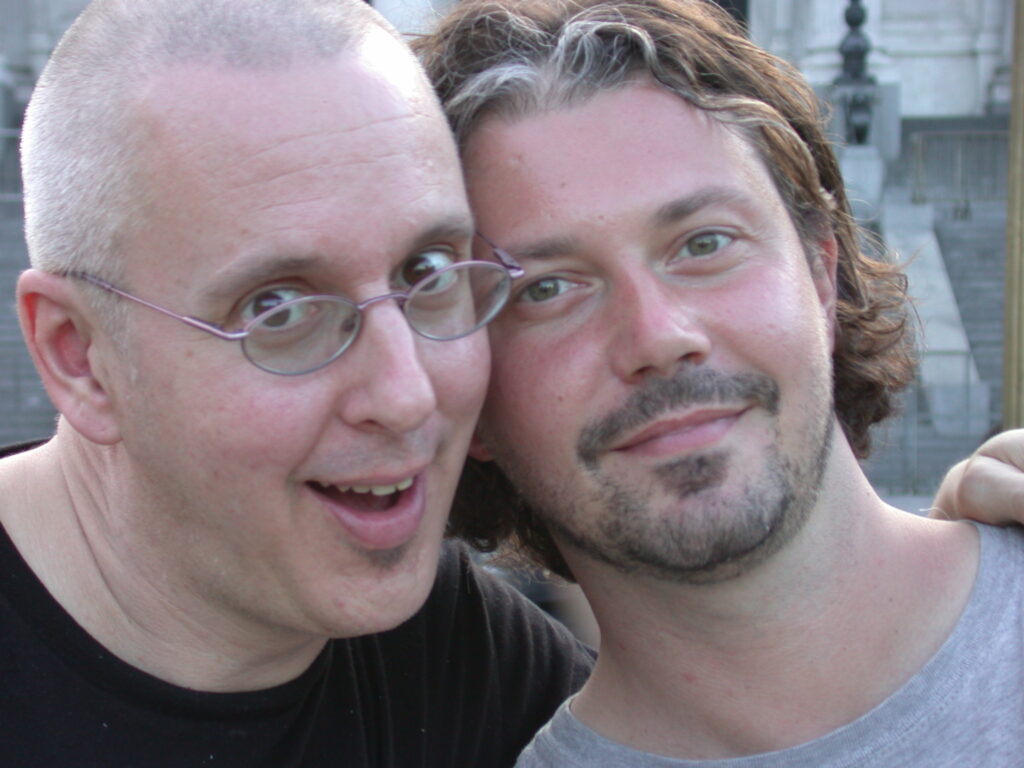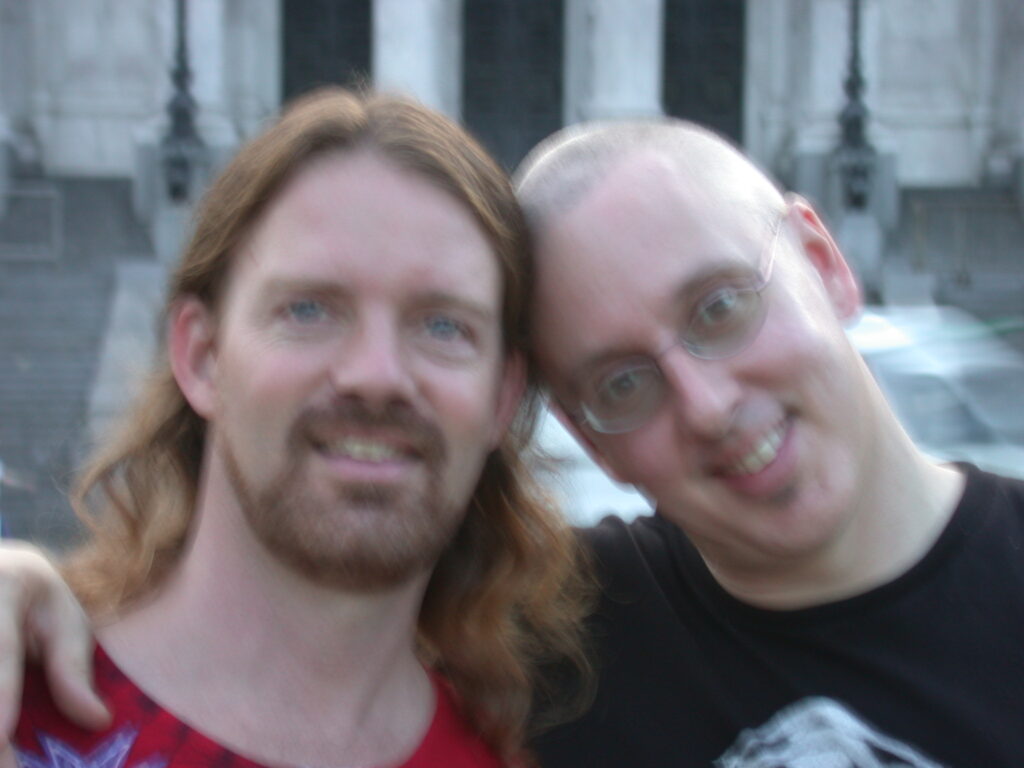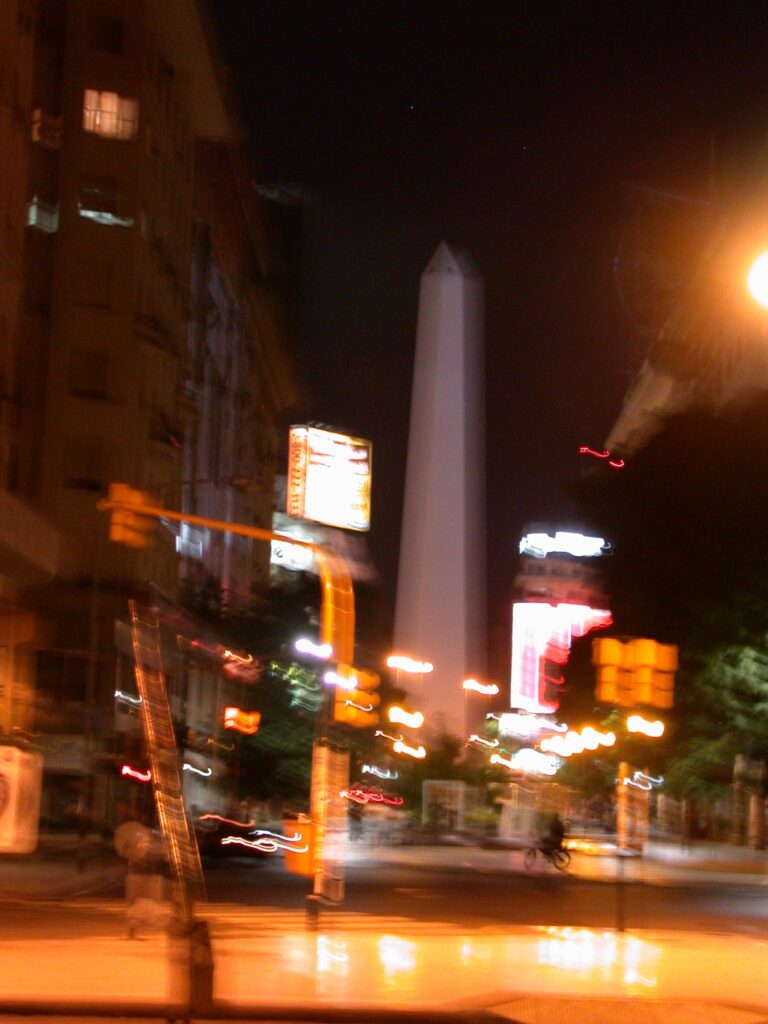Lately, I’ve been reading Gene Sharp’s “Social Power and Political Freedom.” It’s an excellent overview of the politics of violence and non-violence reaching some surprising conclusions. For example, Sharp points out an obvious and important aspect of maintaining true democracies that often goes unremarked: the necessity of what he calls “loci of power,” that is, societal institutions that organize to obtain and exercise power beyond that of disparate democratically empowered individuals. Examples include unions, neighborhood organizations, even the media and police forces. When a society has many democratically-oriented loci of power, that society becomes democratically sustainable, resistent to the rise of dictators from within or from outside that society.
Sharp then introduces the concept of “civilian-based defense,” in contrast to “military-based defense.” He points out many surprising examples where populations have resisted partially or completely the rise of dictatorial forces through the use of nonviolent civilian-based defense, usually without advance planning or training of the populace. He points out that a well-trained populace with a well-reasoned civilian-based defense plan could effectively resist virtually any despotic incursion.
Sharp reports that, as of 1979, five European governments were discussing civilian-based defense with some government-financed research taking place. I’d like to know the outcomes of that research. He mentioned Sweden, Switzerland, the Netherlands, Norway, and Denmark.
I find Sharp’s work extremely compelling at a time when we are witnesses to U.S. and British atrocities against civilian populations in Iraq and, to a lesser degree, against anti-war protestors such as those whom the police shot with rubber and wooden bullets and concussion grenades even as the non-violent protestors fled from advancing lines of police shooting the weaponry from their rifles.
What should be the response of the populace in the U.S. to consistent and continuous intrusions on our basic rights as guaranteed in the U.S. constitution?

